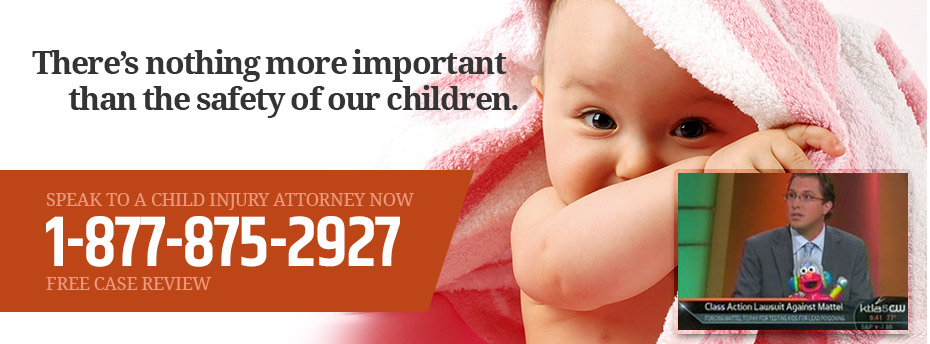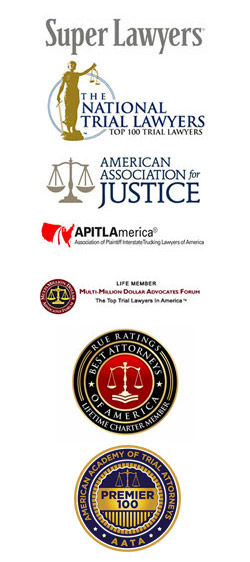Skateboards are no longer just for skateparks.
In fact, an increasing number of teens and young adults have adopted electric skateboards (e-boards) as an environmentally safe and sustainable mode of personal conveyance to and from school or work. That trend has only accelerated in recent months, as coronavirus-wary commuters seek a viable alternative to crowded subways and other forms of public transportation.

But while the OneWheel, SurfWheel, and other e-boards might be fun and convenient, electric skateboards can also be quite dangerous, especially if they’re defectively designed or lack adequate warnings/instructions for use. Teenagers and children are at particular risk, since their bodies – including their brains – are still developing.
The Killino Firm’s Child Injury Lawyers believe the victims of electric skateboard malfunctions and accidents are entitled to compensation for their pain and suffering. If your son or daughter was injured or tragically killed because of a defective e-board or other personal transporter, call our law firm toll free at 877-875-2927 to speak with a top personal injury attorney and learn more about your legal rights.
About Electronic Skateboards

Electric skateboards run on either lithium-ion or lithium-polymer batteries. Some models, including the popular OneWheel and SurfWheel products, feature a single wheel and self-balancing technology that allows riders to steer by shifting their weight and body positioning. Others have four wheels and look very much like a traditional, motorless skateboard.
E-boards can reach speeds as high as 20 miles per hour, depending on the brand. Most are operated by Bluetooth apps, which update automatically when the owner’s phone is in range. The apps can adjust for comfort and keep tabs on battery life during a ride.
Learning to operate a four-wheel electric skateboard is relatively straightforward, especially for those who’ve already mastered a conventional skateboard. It generally takes more practice and skill to use a monowheel board safely. But because they appear deceptively easy to use, single-wheel boards have attracted a great deal of interest from people – including children — who’ve never even used a conventional skateboard.
Why E-Boards are So Dangerous
While they might look like toys, electric skateboards or longboards pack a small electric car’s power and speed, without the benefit of a protective shell. Even in beginner mode, the speed and acceleration of an e-board can catch a user off-guard. Riders of OneWheels, SurfWheels, and other monowheel products will also need time to understand pushback, learn how to make tight turns, float in place, and navigate heavy pedestrian traffic.
Death and serious bodily injuries have reportedly resulted from the OneWheel abruptly shutting off and nosediving, causing the rider to be thrown forward. There have also been complaints that the e-board’s emergency brake mechanism malfunctioned and the battery warning mechanism failed, causing the OneWheel to accelerate on its own. Some riders have also experienced unintended acceleration upon stepping off of the board.
A mishandled, overcharged, or damaged e-board battery can also catch fire and even explode.
Electric Skateboard Injuries
In addition to a products liability claim on behalf of an injured rider, family members of a child who suffered fatal injuries using an electric skateboard could sue for wrongful death on behalf of their son or daughter.
Injuries most commonly associated with the use of electric skateboards include:
- Abrasions and bruises from falling on the sidewalk or street.
- Broken hand, wrist, elbow or dislocated shoulder injuries when a rider loses their balance and fall on an outstretched arm.
- Ankle and knee injuries when a rider jumps off a board to avoid a fall.
- Head injuries, including concussions, can result in hospitalization, permanent disability, and — in extreme cases — even death.
Future Motion Inc., the Silicon Valley tech startup behind the OneWheel, recently began posting safety videos, including: “How to Ride,” “Finding a Good Stance,” “How to Ride Safely,” “Pushback,” and “How to Power On.”
Electric Skateboard Recalls
Since 2017, two companies have recalled electric skateboards because of fall and fire hazards.
Yvolve Sports Neon Nitro Skateboard Recall

In October 2018, Yvolve Sports recalled around 10,000 Neon Nitro single-wheeled skateboards because the tire could deflate, posing a fall hazard to riders. The company received 128 complaints involving flat tires, but no injuries were reported.
The recalled Neon Nitro e-boards were sold at Walmart, Toys “R” Us, and online at Amazon.com from October 2017 through September 2018 for about $500. The Consumer Product Safety Commission (CPSC) urged consumers to immediately stop using the skateboards and contact Yvolve Sports to receive a permanent warning label and updated instructions on how to inflate the tire properly. Purchasers can also access the new instructions on the company’s website.
Boosted Electric Skateboard Recall

Boosted recalled around 3,200 four-wheel electric skateboards in January 2017 because of a defective lithium-ion battery pack that could overheat and cause a fire. The company was aware of two incidents where battery packs overheated, but no injuries were reported.
The recalled skateboards were sold online at boostedboards.com from September 2016 through November 2016 for about $1,500. The CPSC advised purchasers to stop using electric skateboards immediately and contact Boosted for a free replacement battery pack.
How to Stay Safe on an Electric Skateboard
To avoid serious accidents and injuries, electric skateboard riders should:
- Always wear safety gear, including a helmet and guards for the wrists, ankles, and knees. Before purchasing, make sure the equipment won’t interfere with the ability to operate the board and choose a helmet that’s not too heavy or impractical to wear all of the time.
- Learn the basics, including how to stand and position their feet, how to kick push, turn, and brake.
- Don’t overestimate their skill level and only travel at speeds that will allow stopping via traditional skateboarding techniques, like foot braking. System errors, regen energy overload, and low torque at very high RPM are all unavoidable and can lead to loss of braking power.
- Take care when riding downhill, as traveling faster than the maximum advertised speed can result in a serious or fatal accident.
- Make sure the e-board has good head and tail lights when riding at night. Additional lights and a reflective vest are also good ideas.
- Make sure the battery is adequately charged before every ride, otherwise the battery could become depleted during use, cutting the connection between the remote control and the Bluetooth receiver. But be aware that some electric skateboards’ regenerative braking system will also stop working if the battery has a full charge. Skateboarders should not attempt downhill rides with a fully-charged battery, as this could cause the battery to overheat and the brakes to shut down.
- Be cautious and slow down around other people and vehicles. Don’t go near oncoming traffic and try to stay away from cars and trucks as much as possible. Remember that drivers, bikers, and pedestrians might misjudge how fast an e-board is actually moving.
- Be careful about allowing inexperienced riders to use an e-board and think twice about allowing kids to ride one at all. If you do loan out your board, insist all riders wear a helmet and other protective gear.
- Perform regular maintenance. Always make sure a skateboard’s wheels, trucks, brakes, bearings, remote control, and battery are in good working order.
Contact an Experienced Child Injury Lawyer
Unfortunately, a defectively designed or manufactured e-board can cause severe injury or death, even when an experienced rider has taken all possible precautions.
As a top child injury attorney, Jeffrey Killino has the resources and knowledge to help injured victims and their families receive the compensation they deserve. If your son or daughter was hurt while riding the OneWheel, SurfWheel, or another battery-powered skateboard, please do not hesitate to contact us at 1-877-875- 2927.





